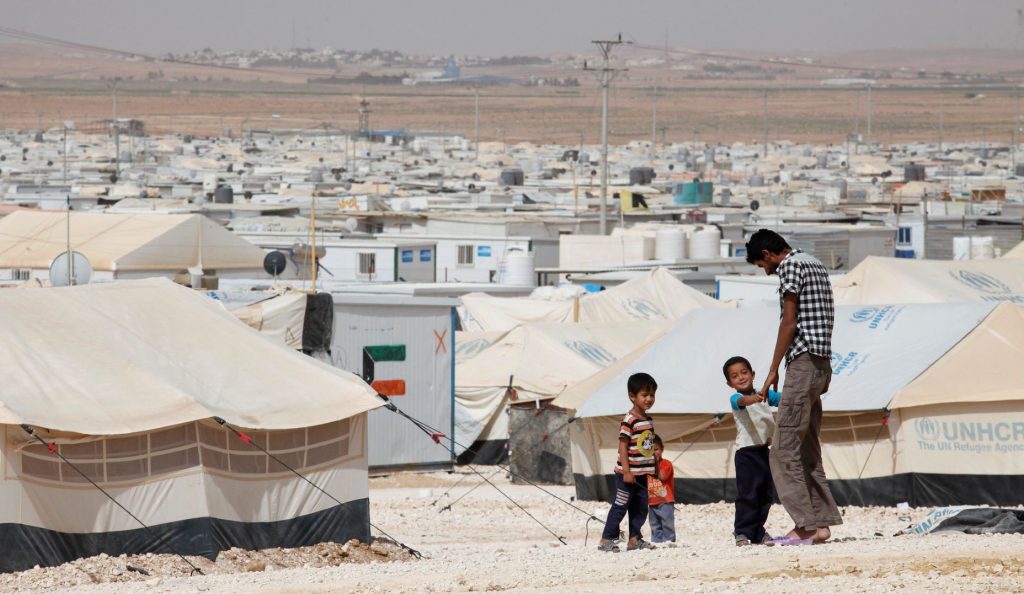Aman and São Paulo – The Jordanian government announced this Wednesday (5) that the World Bank (IBRD) will loan USD 1.45 billion to the country to revitalize growth and create jobs, according to information from the Kuwait News Agency (Kuna).
Jordan’s minister of Planning and International Cooperation Mohammad Al-Ississ, said that Jordan needs to implement reforms to address the high rates of unemployment and external challenges. He added that Jordan is keen on sticking with reform plans to boost growth, sustainability and the economy.
World Bank director for the Levant region Saroj Kumar Jha stressed that the Bank was “eager” to assist Jordan on laying strong economic foundations to enable the country to further open the market, create job opportunities, and provide new investments.
Minister Al-Issis said that USD 1 billion will be used to cover loans taken through the issuance of debt securities, while USD 450 million will help balancing the budget in order to pay for projects, reforms, and new job opportunities.
According to the bank, the package comes at significantly lower rates than market rates and benefits from guarantees offered by the United Kingdom and Saudi Arabia, and its maturity is for 34 years.
The bank adds that, over the last decade, Jordan has endured external shocks and regional challenges, including a halt in its main energy supply from Egypt due to a sabotage on the pipeline that connect both countries in 2011; an inflow of approximately 1.3 million Syrian refugees (pictured) since the civil war broke off in the neighbor country; and a cut off of crucial trade routes because of the conflicts in Syria and Iraq.
The World Bank says that Jordan responded to these challenges by conducting a massive fiscal consolidation while preserving its economic and social stability. The country grew approximately 2% annually over the past two years.
“Jordan has displayed resilience to exogenous shocks, commitment to its reform process, and a determination to remain a bedrock of stability and hospitality throughout. But this has taken a tangible toll on Jordanian citizens, with unemployment at record high and a high current account imbalance,” said minister Al-Ississ, according to the bank.
The reforms aim to promote foreign direct investments and exports in service sectors that are advantageous for Jordanians; streamline licensing and inspections to ease doing businesses, particularly for small businesses; improve credit infrastructure; and develop new regulations for public procurement to reduce fiscal costs and boost transparency.
Some elements of the reforms comprise promoting broadband services to harness the potential of the digital economy for the youth, developing new legislation for public private partnerships to institutionalize investment, and create a roadmap for financial sustainability of the energy sector.
The bank also stresses the strengthening of the social safety nets system though cash transfer programs and an agenda to include women and youth in the job market.
With the new sum, the total of loans provided by the World Bank to Jordan reaches USD 2.78 billion.
Translated by Guilherme Miranda




